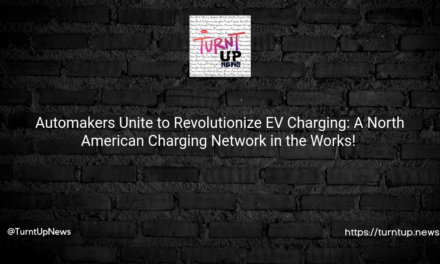💰💨Qatar and China Fueling Up a Relationship: A Major LNG Pact in the Mix 🌍💡
TL;DR: Another year, another LNG deal. In a grand move that’s about as surprising as a reality star getting another season, QatarEnergy and China have locked arms in a major 27-year agreement. This will see 4 million tons of liquefied natural gas (LNG) being shipped annually from Qatar to China.🛳️📈 But hey, there’s more! China’s getting a 5% stake in Qatar’s North Field East project. Aww, how sweet!😉 This is their second significant gas deal in a year, making their relationship status as official as it gets. ❤️📜
💼🚀Talk about keeping it in the family! Qatar’s Energy Minister, Saad Al-Kaabi, who just so happens to also be the president and CEO of QatarEnergy, expressed his satisfaction about the whole thing. The state-owned entities are upping their romance, and Europe is eyeing this lovefest, keen to get in on the action.
🌍🔄 Turns out, Qatar isn’t just interested in China. They’re exploring other markets, with energy ties in other Asian countries, including a recent LNG supply deal with Bangladesh and the start of a new vessel fleet construction in South Korea. 🏗️🚢 China, on the other hand, isn’t just romancing Qatar; they’ve had their flings across the Gulf. Saudi Arabia? Check. United Arab Emirates? Check. They’re not looking for love, but hey, business is business, right? 💰💕
🤔 But is this all just about money and power or are they building something more profound here? Let’s just say, Dr. Karen E. Young has some thoughts. According to her, it’s more about economics and business than a convergence of political ideology. No surprises there, but then again, who knows what the future holds? 🕰️🔮
We’ve seen the geopolitical chessboard shift a lot over the past few years. Energy ties are like the pawns of this grand game, holding significant potential in defining the power dynamics of the future. These ties, once established, can influence the geopolitical climate for years to come. So, what does this new deal imply about the global energy landscape? And how will it affect relationships within and beyond the Gulf?
As we watch the world map redrawn by these energy alliances, one question still lingers: Are these deals a means to an end, or are they paving the way to a future where the might of nations is measured not by their weapons but by their energy contracts? 🔋💪
So, what do you think? Are we looking at a new world order defined by energy pacts? And if so, who stands to gain and who stands to lose in this evolving scenario? 🌍🔀
Note: This article is for informational purposes only. It is not intended to provide any type of advice or recommendation. Turnt Up News takes no responsibility for any decisions made based on this information.





